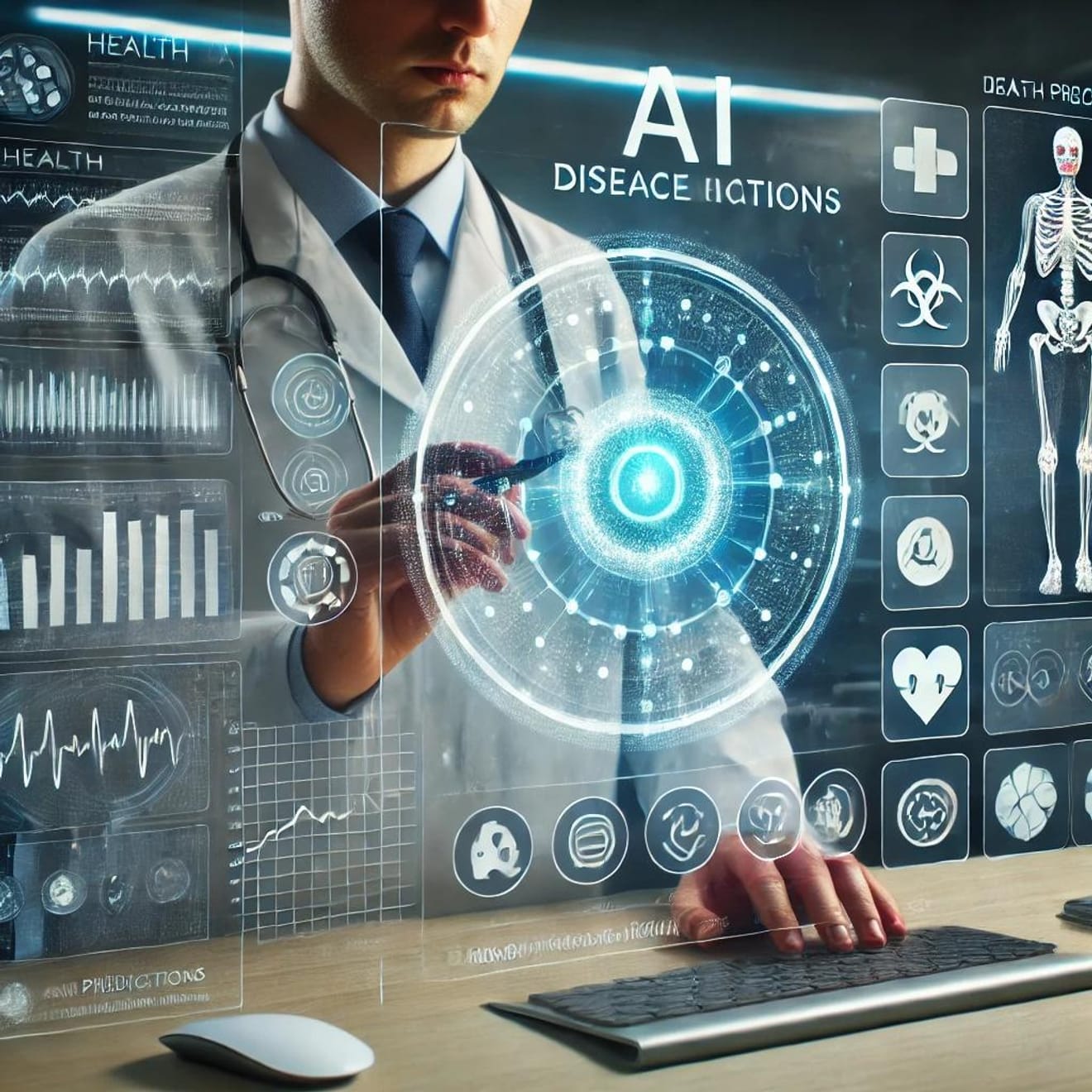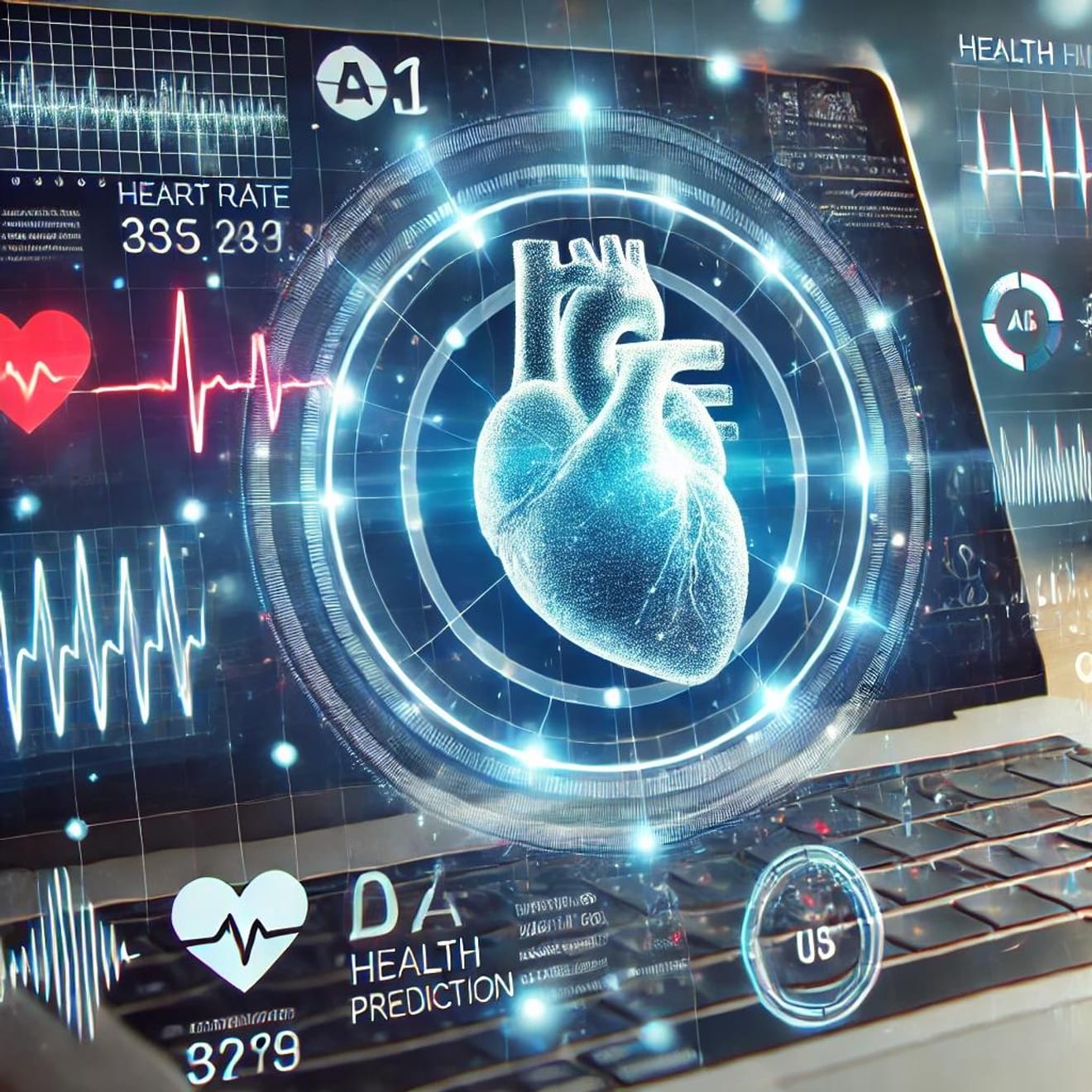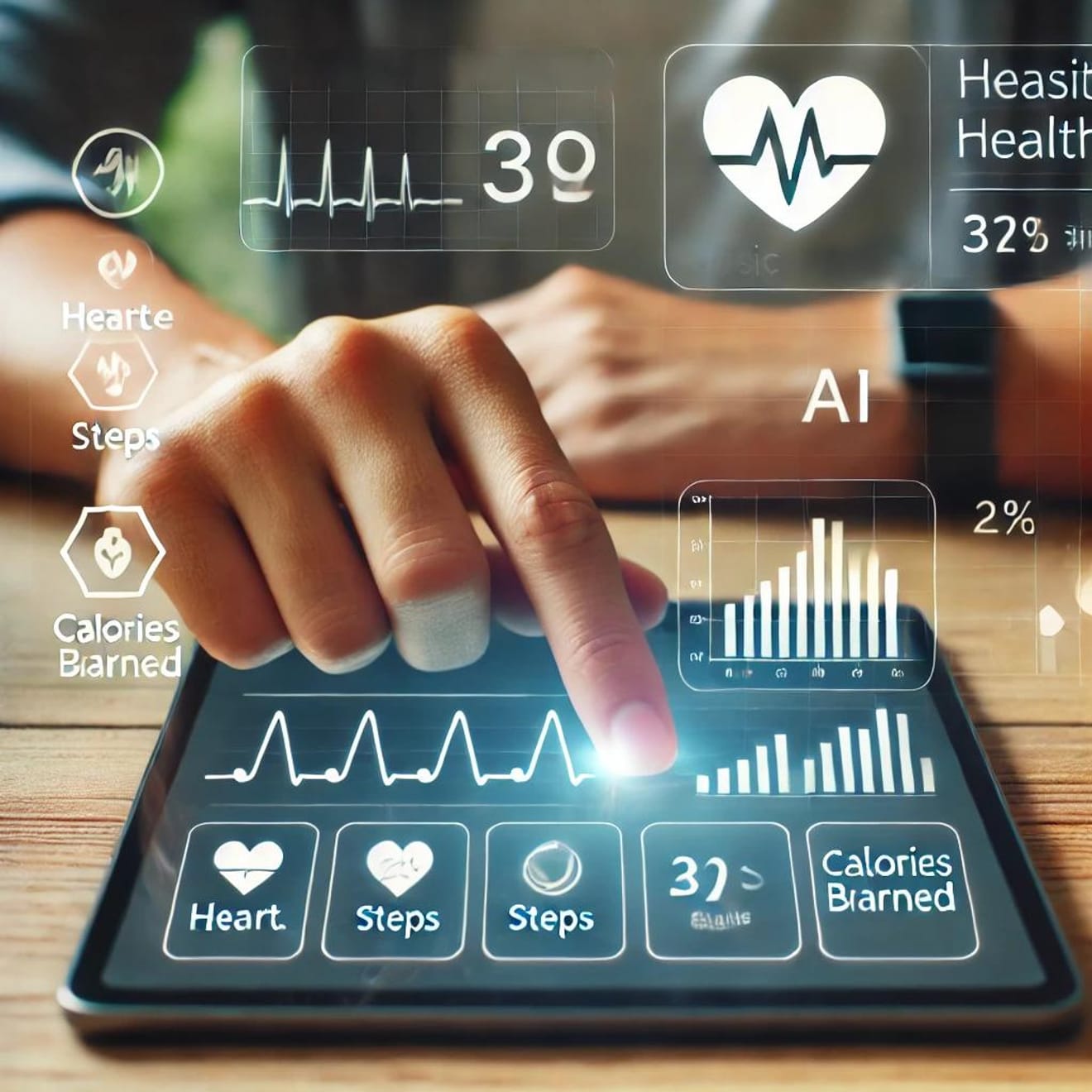AI-based Health Prediction: How to Predict Diseases in Advance Using Machine Learning and Data Analysis
Advances in 21st-century technology are transforming our lives in many ways. One of the most noteworthy areas is health management using artificial intelligence (AI) and machine learning (ML). AI and machine learning are taking disease prediction in the medical field to a new level, enabling early detection and effective prevention. This article introduces how AI-based health prediction technology works and how to predict diseases in advance through data analysis.

1. The Concept and Role of AI and Machine Learning
Artificial intelligence (AI) is a technology that enables computers to think, learn, and make decisions like humans. Machine learning (ML) is a branch of AI that analyzes data to learn patterns and enable predictions. These technologies have become very powerful tools for processing and analyzing medical data.
Using AI and machine learning, large amounts of data can be analyzed quickly and accurately, and predictions can be made about the likelihood of disease. AI integrates various data such as patient medical records, genetic information, and lifestyle habits to assess health status and build a model to predict disease risk based on this.
2. Working Principle of AI-based Health Prediction Systems
AI-based health prediction systems generally operate through large-scale data analysis. For example, they collect patient medical records, genetic information, and lifestyle data in real time and input them into machine learning algorithms. These algorithms recognize disease patterns in numerous data points and compare them to the individual's health status to predict the likelihood of disease.
These prediction systems operate through several key stages:
* Data Collection: Collects various data such as medical records, genetic information, blood test results, exercise levels, and dietary habits.
* Data Analysis: Analyzes the collected data using machine learning algorithms. In this process, AI learns disease patterns and physical signs.
* Prediction Model: Based on the learned patterns, it predicts potential future health problems for the individual.
* Result Provision: The predicted results are shared with the user's healthcare professional, allowing for further review and preventive measures.

3. Importance of Data Analysis in Health Prediction
Data analysis plays a crucial role in AI and machine learning. AI doesn't simply collect data; it analyzes it precisely to extract important health indicators and predict the likelihood of disease based on this. For example, data on heart disease can be analyzed to predict the risk of heart disease. AI considers the following information comprehensively:
• Individual's age, gender, and genetic information: This information is a crucial factor affecting various diseases such as heart disease, diabetes, and hypertension.
• Lifestyle: Information such as exercise levels, dietary habits, and alcohol and smoking status greatly impacts health.
• Past medical history: Pre-existing diseases or family history also become important variables in the prediction model.
In this way, AI identifies patterns and detects risk factors in advance to predict an individual's health.
4. Real-world Examples of Disease Prediction Using AI
AI and machine learning are already being used in various fields for disease prediction. Here are some examples of how AI is actually being used:
• Heart Disease Prediction: AI can analyze a patient's medical records and lifestyle to predict the risk of heart disease. For example, AI calculates the risk of heart disease based on heart rate, blood pressure, and blood sugar levels and provides customized solutions for prevention.
• Diabetes Prediction: Although the early symptoms of diabetes are rarely noticeable, AI comprehensively analyzes blood sugar levels, body mass index (BMI), and family history to predict the likelihood of developing diabetes. Based on this, AI suggests preventive management methods to help prevent or delay diabetes.
• Cancer Prediction: AI analyzes cancer-related data and plays a crucial role in early cancer detection. AI predicts the growth potential of cancer cells through genetic data and image analysis, enabling rapid treatment.
5. The Future of AI-based Health Prediction
AI and machine learning will continue to advance, and accurate disease prediction and personalized health management will become more practical. After 2025, AI-based health prediction systems will be connected to more medical institutions, providing precise predictions and personalized health solutions. Furthermore, AI will suggest customized strategies not only for disease prediction but also for maintaining a healthy life.
Such advancements will revolutionize health management, significantly aiding in disease prevention and early treatment. AI and machine learning are now indispensable technologies in the medical field, and we can look forward to a healthier future.

AI and machine learning-based health prediction technology is opening a new era of personalized health management beyond simple disease prevention. Accurate prediction using data is revolutionizing the way we manage our health, providing opportunities for a healthier life through early detection and prevention. AI-based health prediction systems will play a significant role in future health management, and more and more people will be able to achieve better health management through them.
Comments0